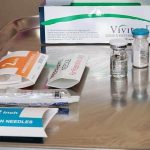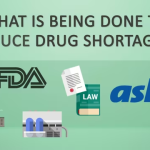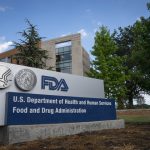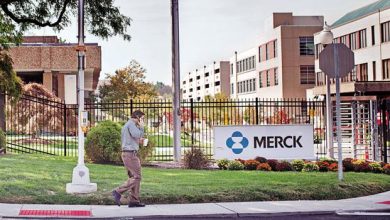Generic Drugs Often Lose Money, Leading To Shortages
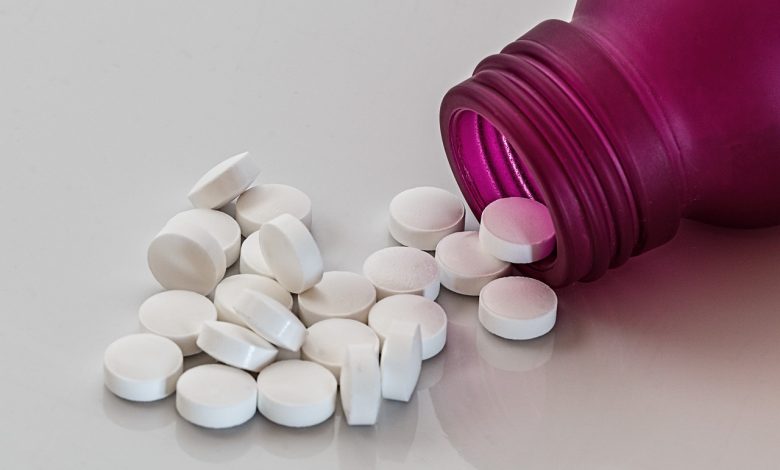
By Ike Swetlitz (Bloomberg)
Hi, it’s Ike. Normally, I’m in Boston, but last week, I was at a conference just outside of Washington DC, where folks were talking about the record-high drug shortages in the US. More on that later, but first …
The generic drug industry is in crisis
If you’ve gone to a pharmacy in the US this year, there’s a good chance you’ve been told the medicine you need is out of stock. Common drugs like liquid amoxicillin, used for strep throat and ear infections in kids, and generic Adderall, which treats ADHD, have been in short supply, leaving millions of Americans scrambling to find these essential medicines.
At the end of last month, there were 305 drugs in short supply, according to data compiled by the University of Utah Drug Information Service. Most of those — 90% — are generic.
You’re probably wondering — if there aren’t enough drugs, why don’t manufacturers just make more? Won’t they make more money by selling more drugs? In many cases, the answer is no.
New, branded drugs, which are protected by patents and made by only one manufacturer, can be incredibly lucrative. But old generic drugs, which are off-patent and can be made by many manufacturers, often lose money. About 50% of generic drugs don’t turn a profit, says David Gaugh, interim president and chief executive officer of the Association for Accessible Medicines, the generic industry’s lobbying group.
That means generic drug companies have little financial incentive to remedy some shortages because making more drugs means losing more money.
Companies are mum on which drugs they’re producing at a loss. But high-ranking employees at major drug companies have said it’s particularly challenging to make money on generic antibiotics.
“As a class of drugs, they’re very unattractive,” says Christine Baeder, chief operating officer for US generics at Teva Pharmaceutical Industries, one of the world’s largest generic drugmakers. She said that some of Teva’s antibiotics are losing money.
Baeder is also chair of the board of the AAM. The organization hosted its annual regulatory policy conference just outside of Washington last week. I schmoozed around the conference hotel and heard stories of an industry in crisis. Bankruptcies abound and companies are struggling to make money on essential medicines — which means they might stop making those drugs altogether.
Even a US plant completely dedicated to making amoxicillin antibiotics, run by USAntibiotics in Bristol, TN, is losing money. Without government support, it risks shutting down, says the CEO of the plant’s parent company.
Antibiotics prescriptions usually start to increase when temperatures drop. It remains to be seen how easy it will be to fill these prescriptions as the winter sets in.
Source: Bloomberg


